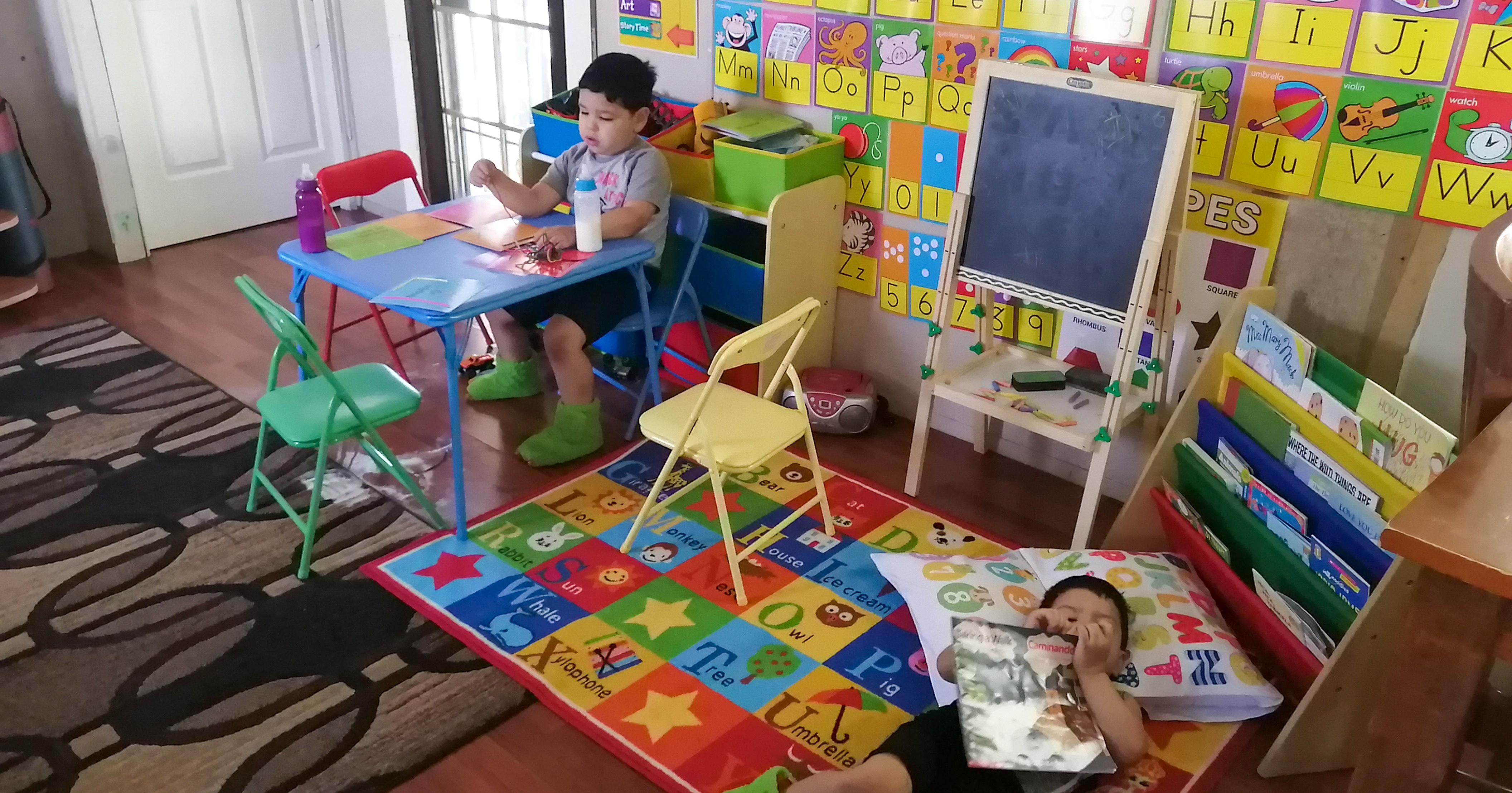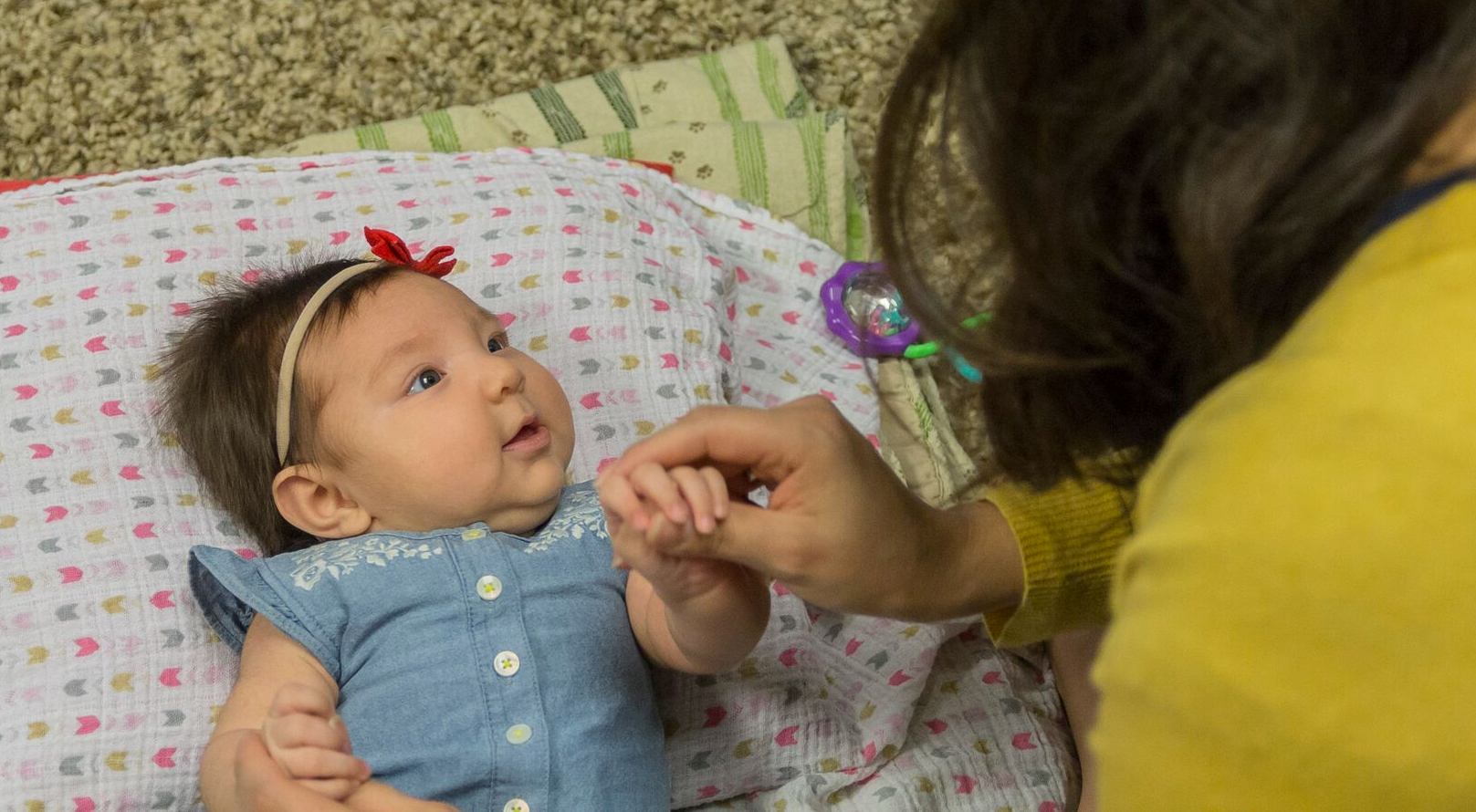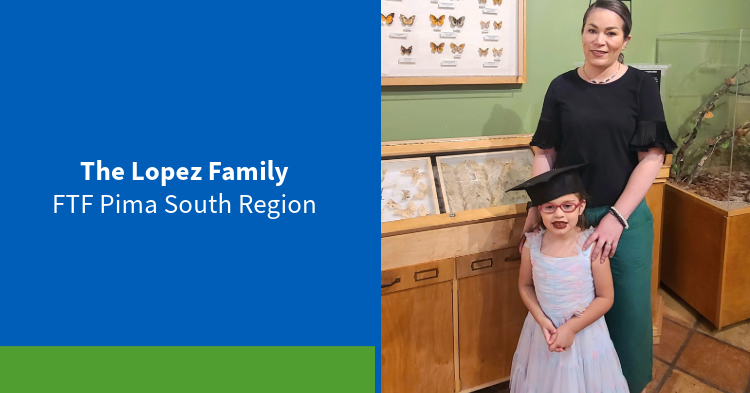
Alba Souffle noticed her 3- year-old son Aled was struggling with behavior issues at home.
«He would not follow the rules, he would refuse to clean up after himself, and he had temper tantrums,» she said.
When these behaviors arose, Souffle, mother of two boys, said she would put aside his most favorable items until his behavior improved. A friend suggested she attend a caregiver class to help her help him.
You might be interested in:
An instructor from the class, invited Souffle to attend the Kith and Kin program after learning that Souffle cared for her children and additional children in her home. Kith (neighbor) and Kin (friend) child care is a common form of caregiving. It usually includes family, friends and neighbors caring for children in their home.
The First Things First Phoenix South Regional Council funds the Kith and Kin program to empower caregivers with tools to encourage a healthy development for children.
Souffle was motivated to attend the Kith and Kin classes to learn ways to reduce the misbehaviors at home.
«I knew I needed to change my reactions to my son’s behaviors,» Souffle said. «Before the Kith and Kin program, we did not have a schedule to follow. Our routine would be the same daily; we would wake up and watch television.”
The classes helped her realize that Aled may have been bored, which caused him to act out.
«I would be frustrated, I did not know what to do,” Souffle said. “I felt really bad and ashamed, I would get mad and yell, I was unsure of how to react to my child’s temper tantrums.»
You might be interested in:

The Kith and Kin instructor recommended Souffle talk to her son when he was having a tough time and reassured her that his behavior was normal.
After attending the classes, Souffle said she became more aware of her interactions with her children and the two children she cared for before the coronavirus pandemic began. Her patience improved and she became more cognizant about how she was speaking to her children. Now, she makes sure to speak at their eye level, in age-appropriate words so they understand.
After spending a year participating in caregiver classes, Souffle feels the environment at home has improved.
Now the family has a schedule that consists of eating breakfast and working on language and literacy activities such as practicing small motor skills through writing and zipping up zippers, playing with puppets, and engaging in art activities as their daily routine.
You might be interested in:

Souffle adds free time in their schedule for pretend play or other activities of interest. For physical activity, the boys ride bikes together before dinner, then get a bath and read a bedtime story. When it comes to cleaning, the family makes it a fun game or a singing activity to motivate the children to clean.
The structured routine helped Aled’s behavior.
«His temper tantrums have improved, he follows rules easier, he cleans up after play, he is friendly and always happy and smiling,» Souffle said.




